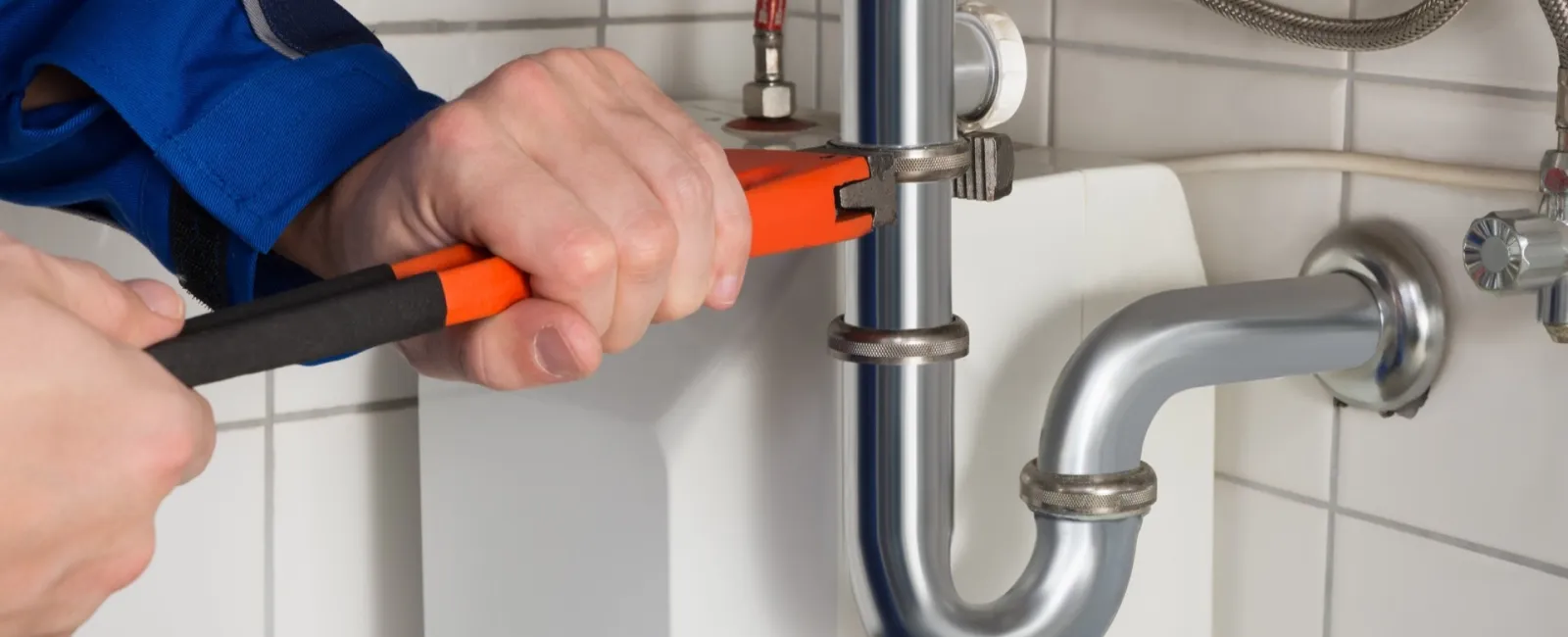Have you ever wondered how much damage you're really doing by ignoring that slow shower drainage? This plumbing forum provides the truth about the most common plumbing myths plaguing Marietta consumers.
Myth 1: I can let hair and soap residue go down the shower drain and deal with the problem later.
Soap, shampoo, hair and other debris can clog your drains and lead to serious problems later. Over time, the debris will ball together or cling to the pipe walls. It will create blockages that slow down drainage. Eventually, the buildup can become so great that the pipe may back up. You'll have to deal with a big mess and a potentially costly solution. That leads us to the next myth.
Myth 2: I can safely use over-the-counter drain cleaners to get rid of buildup and clogs.
Repeated use of commercial drain cleaners can degrade your home's pipes. Most drain cleaners include harmful, eroding chemicals that cause corrosion and weaken the pipes.
Aside from their potential to damage pipes, drain cleaners are only a temporary fix. If a significant problem exists in the depths of your plumbing system, drain cleaners generally don't have the power to solve it. For example, if tree root infiltration is stopping up your pipes, you need expert help — not a short-term solution.
Myth 3: If it fits in the garbage disposal, the food is safe for the system.
Some foods can cause serious damage to your garbage disposal. Fibrous foods such as celery wrap around the blades and burn out the motor. Foods that swell or expand on contact with water are difficult to break down and can create blockages in the plumbing system. Follow these rules for proper use:
- Turn on the cold water. Turn on the disposal and let it run until it's done grinding. Turn off the disposal, and then turn off the water.
- Only use safe foods in small amounts. Never put bones, eggshells, fruit pits or anything nonbiodegradable down the drain.
Myth 4: My plumbing system doesn't need maintenance.
Like other home systems, plumbing systems need professional attention from time to time. During a maintenance check, a plumber will perform certain tasks:
- Check for leaks; make repairs as necessary.
- Inspect pipes for evidence of corrosion.
- Check the home's water pressure; look for factors that are contributing to the problem.
- Remove and clean shower heads and faucet aerators.
- Check all drains for proper functioning and look for signs of blockages or problems with the vent pipes.
- Inspect the toilets to make sure they're operating correctly.
- Check the showers and sinks for signs of leakage, wear or other problems.
- Inspect the water heater.
- Test the dishwasher and washing machine. Ensure water lines are secure and hoses are connected and in good condition.
Do you still have questions after reading this plumbing forum? Contact RooterPLUS! to speak with one of our plumbing experts in Marietta.
Image source: Flickr
